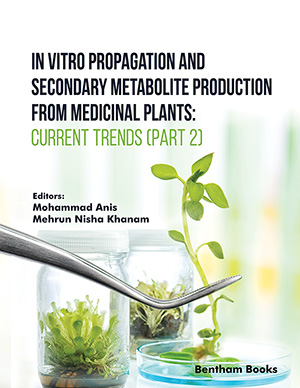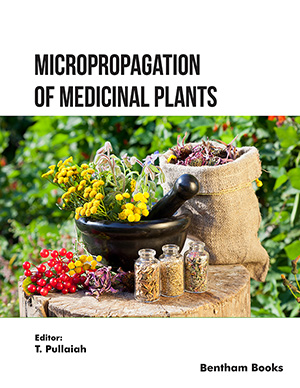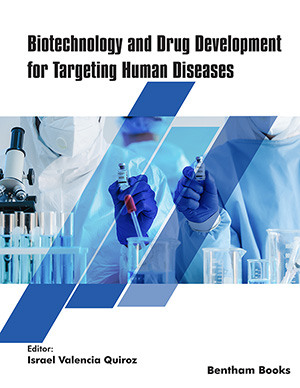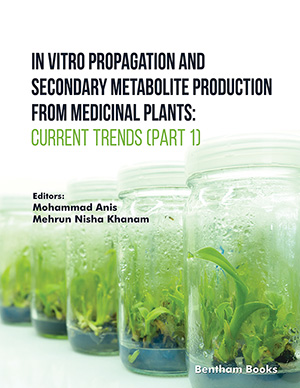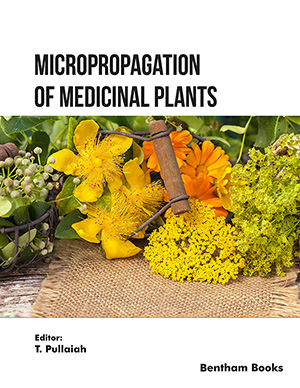Abstract
Primary immunodeficiencies (PID) are caused by mutations in genes that impair the development or activity of the immune system. Although bone marrow transplants achieve long time restoration in up to 90% of treated patients, morbidity and mortality are still high for some PID and adequate donors are not always available. Gene Therapy (GT) was envisioned as an alternative treatment for PID by inserting the correct gene into the patients haematopoietic stem cells (HSCs). Up to date, GT for PID has succeeded in 40 of 44 patients treated in four clinical trials. However, five children enrolled in the SCID-X1 clinical trial developed leukaemia-like disease produced by aberrant expression of oncogenes. This phenomenon resulted fatal in one patient and represented a severe setback for gene therapy. Since then, vector development has been a priority in the GT field, by refining existing Murine laeukemia virus (MLV)-based vectors or by developing new ones. This review summarizes existing methodologies for PID GT highlighting the importance of animal models in the PID GT success and focusing on new gene transfer vectors to achieve safe, efficient and stable gene modification.
Keywords: Gene therapy, Primary immunodeficiencies, Gammaretroviral vectors, Lentiviral vectors, Animal models, Safety, Site-directed integration, Gene correction, Efficiency













